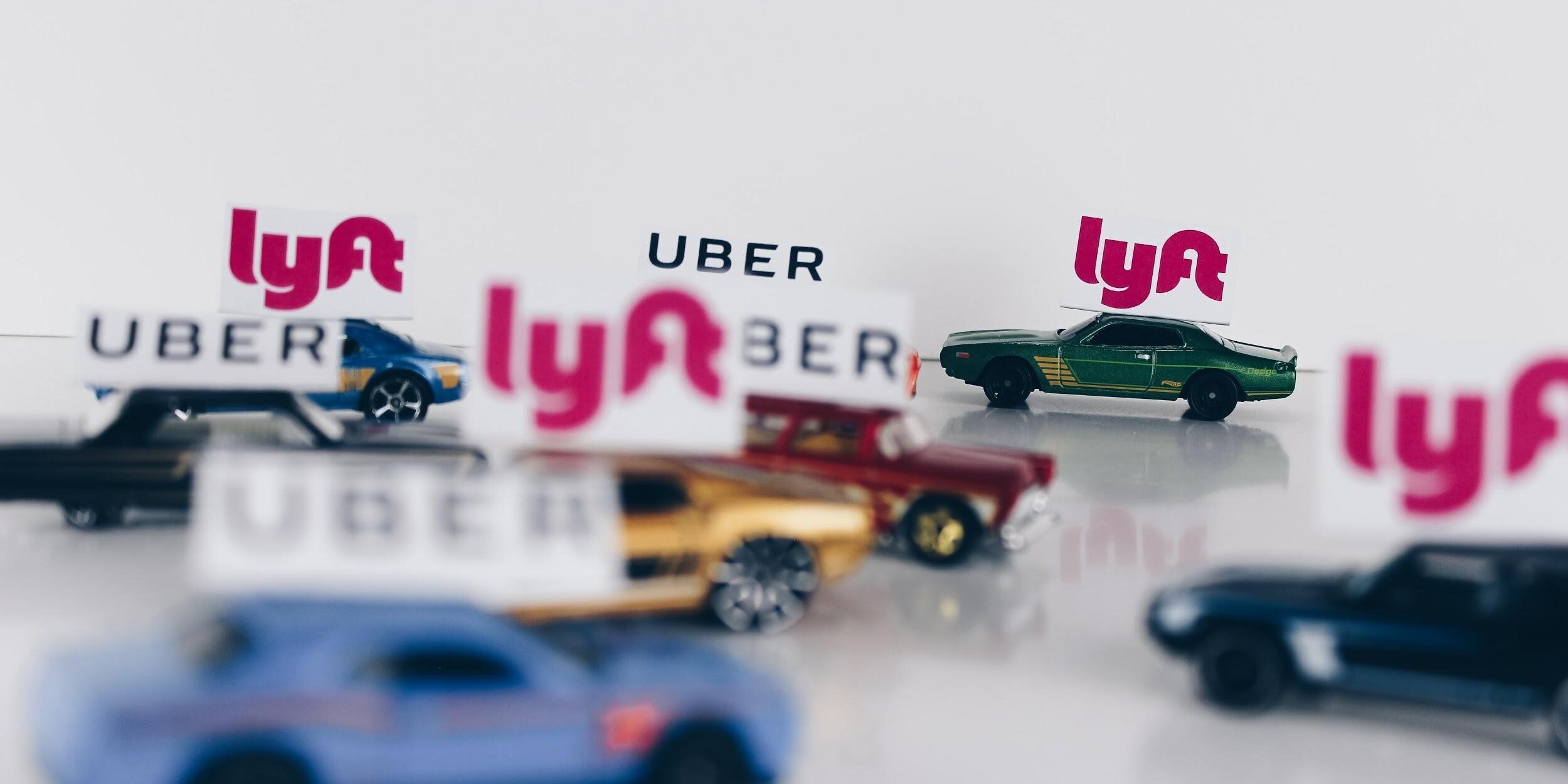Uber and Lyft prepare for shutdown in California
As of January the 1st, 2020, the California Assembly Bill 5 (AB5) was introduced, extending employee status to gig workers. Essentially, with AB5 in play, companies such as Uber and Lyft must prove it’s workers, in this case, drivers, are independent contractors and not employees, requiring their drivers to work outside of regular business hours.
However, that’s just the problem, services such as Uber and Lyft run all day, every day. There are no specific hours; they work inside regular business hours and outside of these hours. If these ‘gig workers’ were to be considered employees, they would have to receive minimum wage, sick pay, overtime, and unemployment insurance. This is not feasible for driving services such as Uber and Lyft, certainly not a sustainable approach or business model.
Both companies argue to be classified as ‘technology companies’, working through their respective apps and providing utmost flexibility for its drivers in regards to the hours they work, how often they work, and even where they want to work. It is this argument that the popular rideshare companies argue classifies their drivers as independent contractors, not employees.
Already, both companies; Lyft and Uber have already threatened an immediate shutdown of their apps and driving services. However, a last-minute ruling, just yesterday (August 20th) saw an extension to the delay of driver classification. Both Lyft and Uber must submit sworn statements and implementation plans for complying to the AB5 law by September the 4th, 2020, with these plans intended to be implemented thirty-days from then.
This article will discuss the many consequences of the new law, should it apply to both fare companies, including the increase of DUIs.
Increase in DUIs
The state of California is known for its nightlife, raging clubs, early morning bars, and holidaymakers sipping margaritas on the beach. If driving services such as Uber and Lyft are to be banned, then no doubt more and more people are going to drive under the influence.
With less transport available, and no doubt taxis fully booked, there is going to be a shortage of transport for all those out drinking, especially on weekends.
This is dangerous for both the driver, any passengers, other road users, and pedestrians. However, the unfortunate truth is that DUIs are likely to increase should these driving services be closed down in the state of California.
Not only are drivers jobs at risk, but now perhaps public safety is also a cause for concern.
Operations are allowed to resume… for now
As previously mentioned, with a delay to the ruling issued, both Lyft and Uber are allowed to continue services running as normal until September the 4th. But in the meantime, they must both create a plan to abide by the AB5 law, classifying their ‘workers’ as either contractor or employee.
This is a pivotal case, not only in the state of California, but across the United States if other states follow suit, implementing the same law preventing drivers being classified as employees. If this is to happen, this could be the end of both companies, forcing their hand to provide regular employee benefits that in this case, it not a sustainable approach.
If you or a loved one are in need of legal help regarding DUI, contact one of our qualified attorneys at our office by calling (559) 233-5333 or visiting our website to get your no-cost case evaluation.







